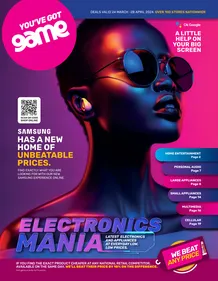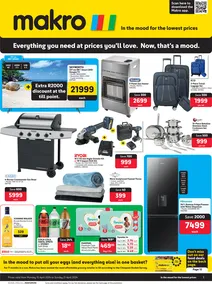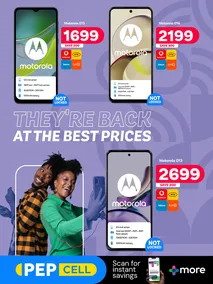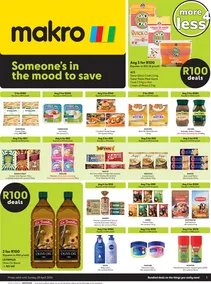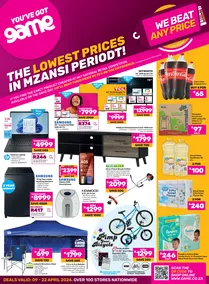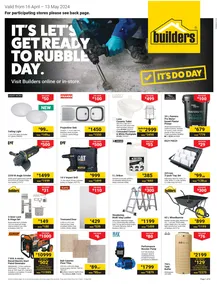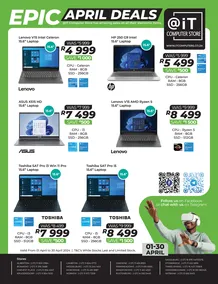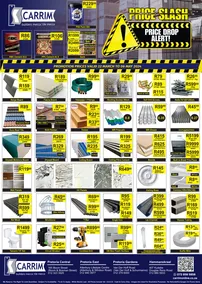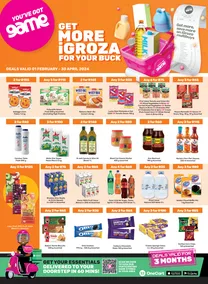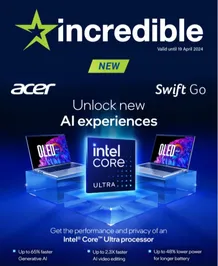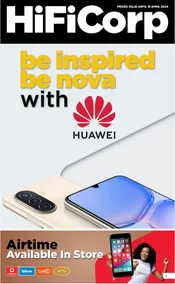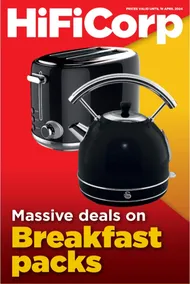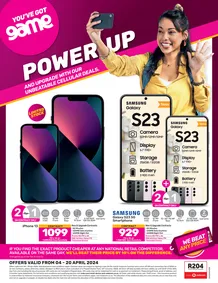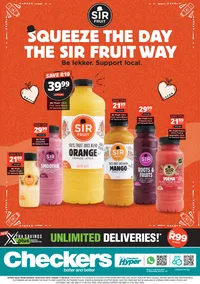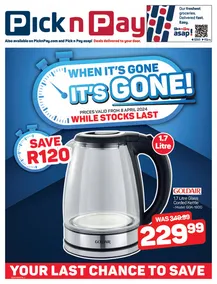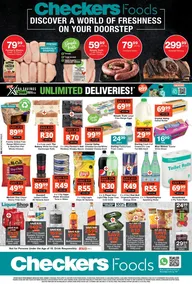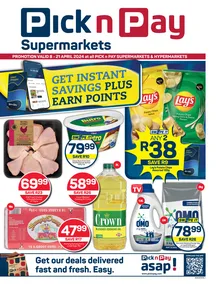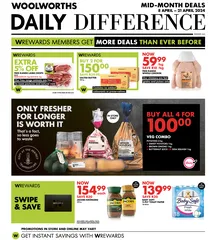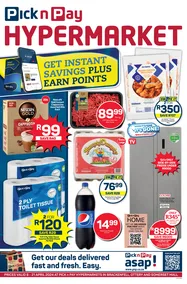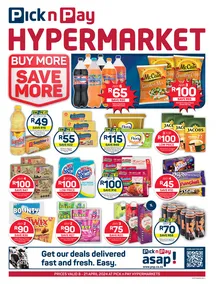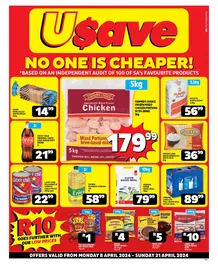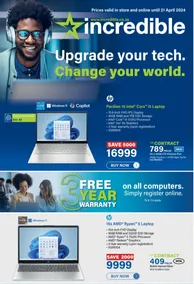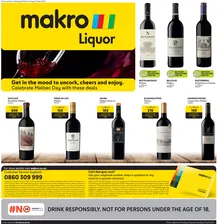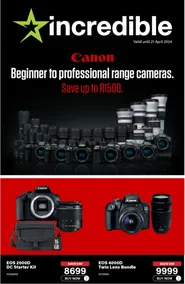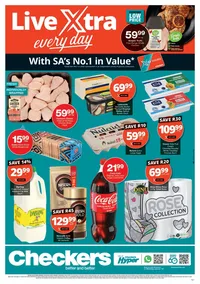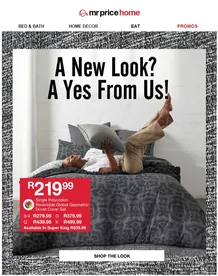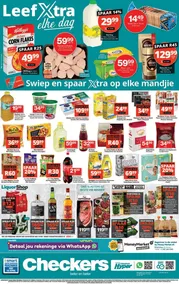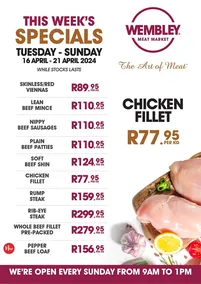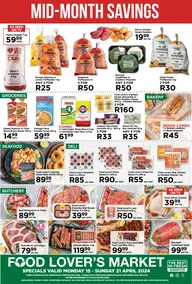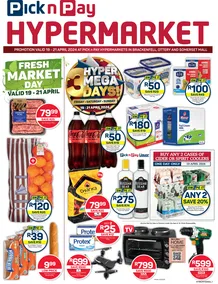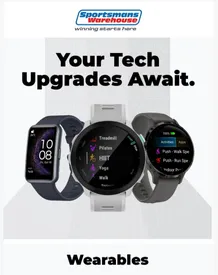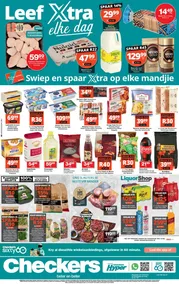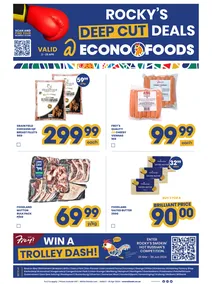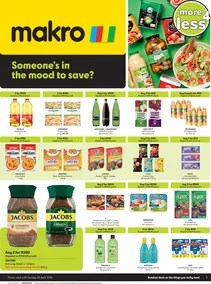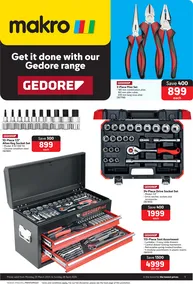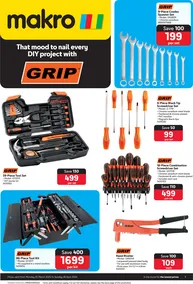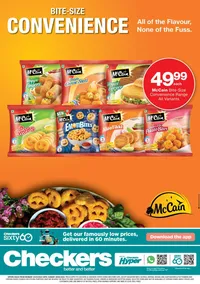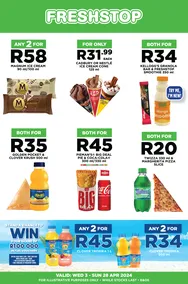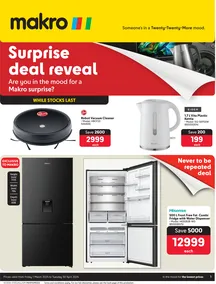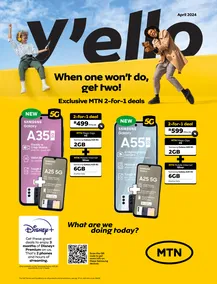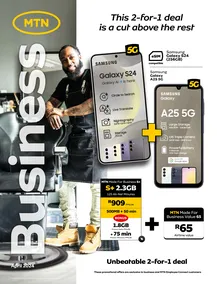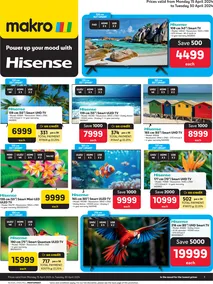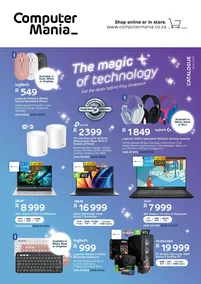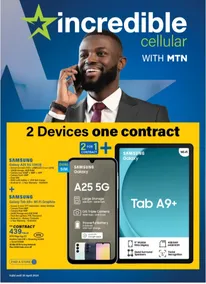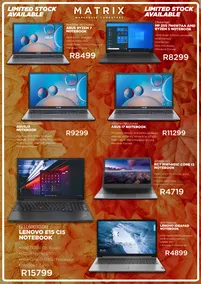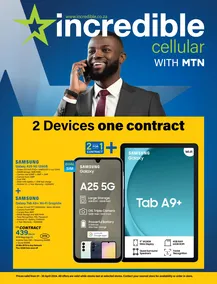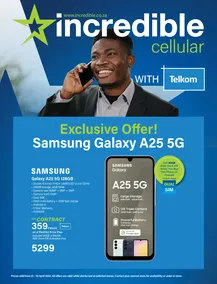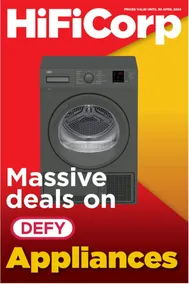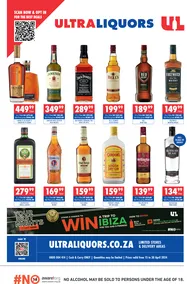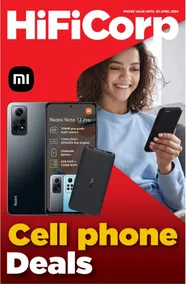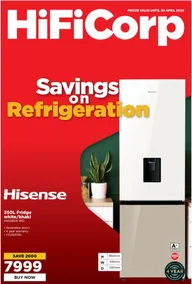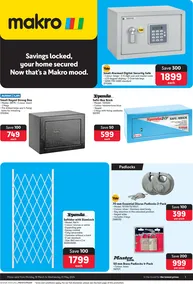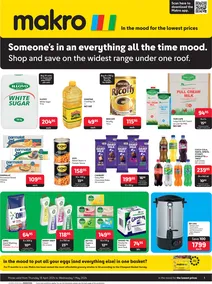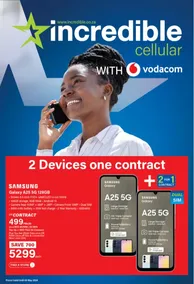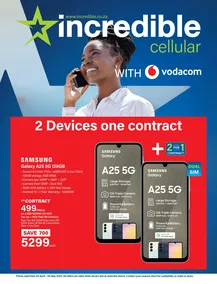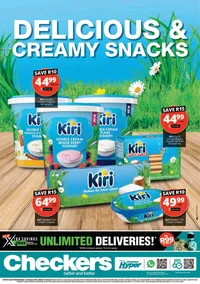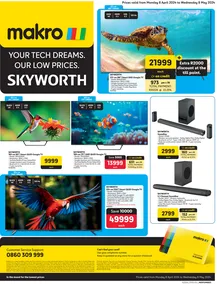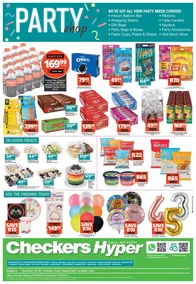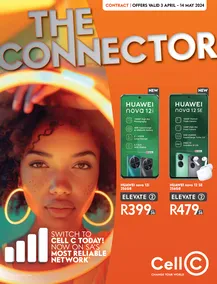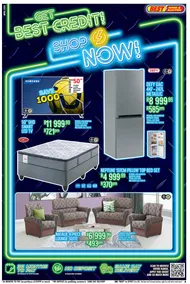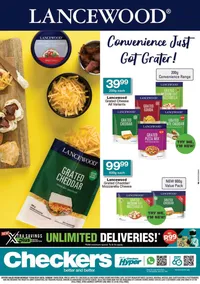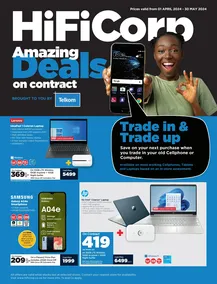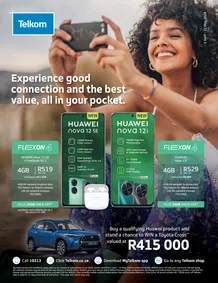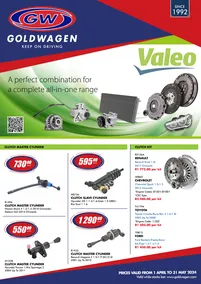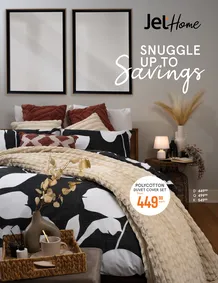Pick n Pay Feeling The Pressure

Groceries On Credit: A Blessing Or A Curse??

By Brandon Lee Westraat on 28th September 2017
Is Pick n Pay brazenly trying to lure customers further into debt, This is the thoughts of may debt counselors and skeptical consumers following the retailer's launch of a credit offering last week.
The new Pick n Pay store card will allow qualifying Smart Shopper customers to purchase Pick n Pay goods on credit. If they settle their account within 55 days, no interest will be charged.
“The decision by Pick n Pay to sell food on credit in their supermarkets is going to come back and haunt them because there is going to be a massive demand for this product and hugely debt-strapped consumers are going to default on these loans on a scale not seen before,” says Neil Roets, CEO of debt counselling firm Debt Rescue.
The logic is, if you need to buy food on credit then it's likely that you aren't fully creditworthy, as required by the national credit act. Anyway, this would put you further in the metaphorical hole that is the debt crisis in this country and trust me it's not 5 star hotel down there.
More than half of South Africans are three months or more behind in their repayments having collectively notched up some R1.71 trillion in debt, according to the latest National Credit Regulator statistics.
On top of all of this, we South Africans are stuck in an exceptionally difficult economic cycle where the cost of living is skyrocketing with salaries and wages in many cases remaining static. If consumers have reached the point of desperation where they have to resort to buying food on credit, that means they are at the end of their tether and from a financial point of view they should not qualify for this credit.
However, Pick n Pay deputy CEO Richard van Rensburg argues that outraged consumers have not understood their intentions. “People haven’t read into what we are doing. I completely agree that using the proceeds of interest-bearing debt to buy food and groceries is a bad idea.”
Rather than luring more customers into debt, Pick n Pay is targeting middle-income consumers in a bid to “ruffle feathers” and challenge high fees in the banking industry. “South Africa’s debt burden is huge. The biggest thing that is sucking disposable income out of the economy is the high cost of credit. Hidden costs such as initiation fees, administration fees, mandatory insurance fees and penalty fees exacerbate the cost of credit. We have worked with RCS to design a product that has none of these hidden fees and carries a nominal R10 monthly service fee,” he says.
The target credit customer is drawn from its seven million Smart Shopper customers; one who typically does not have a credit card, but may have a debit card. They may have a bond already or be saving towards one. Ideally, the shopper will deposit money into his or her bond or savings account at the beginning of the month and allow it to accrue interest. At the end of the month or the rolling 55-day credit cycle, those funds are then used to pay off the grocery account, which has accrued no interest.
“These are not people who earn a Sassa grant or who earn less than R10 000,” Van Rensburg says adamantly. “Although they are being exploited by loan sharks and worse, there is no way we will grant them credit.”
He estimates that if the retailer is able to attract about 150 000 shoppers onto the system it will incentivize lenders to bring down the cost of credit. Pick n Pay made an upfront decision not to earn income off the interest charged to consumers. “We are not in a profit-sharing deal with RCS,” he says. “We were clear there could be no conflict of interest here. When it comes to the high cost of credit, we are on the side of the consumer.”
Of course, if the consumer does get into trouble, then they will be liable for the interest fees charged by RCS, which fall within the bounds of the National Credit Act.
Where Pick n Pay will gain is if shoppers using credit and debit cards migrate to the new Smart Shopper credit card, which bypasses the National Payment System.
It is early days yet. Pick n Pay has received 7 000 applications so far and has approved 1 000 of them.
But honestly the financial crisis in South Africa does not obey the rules of the world, our middle class is people that struggle just a little less than the class below them. If this system is to work the strictness of these applications needs to be next level.
So what is your take on this new chapter pick n pay has stepped into?



